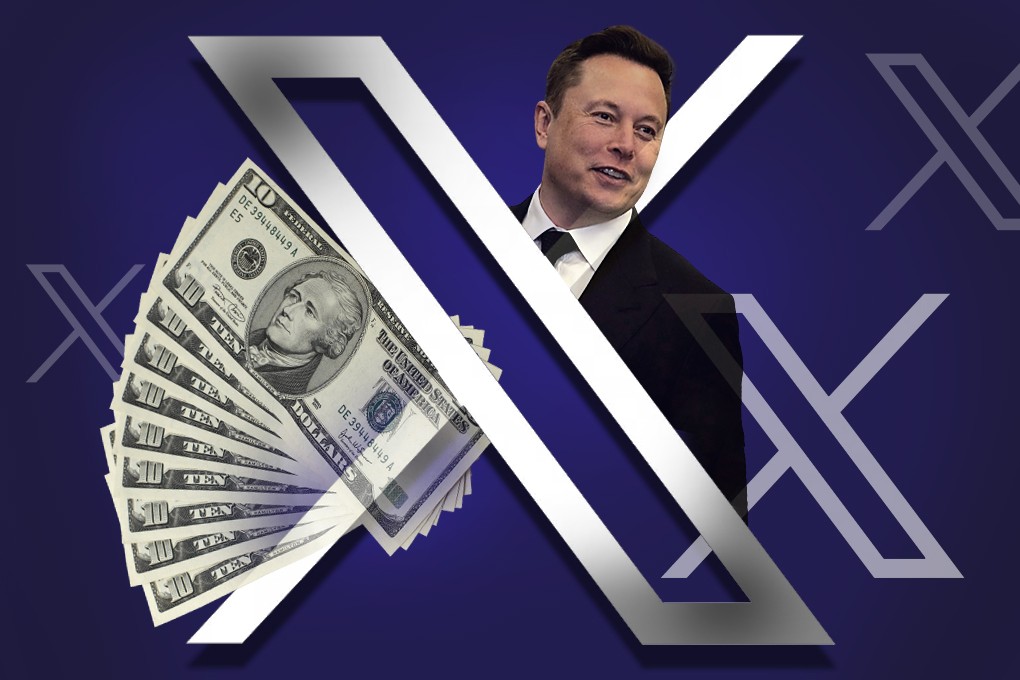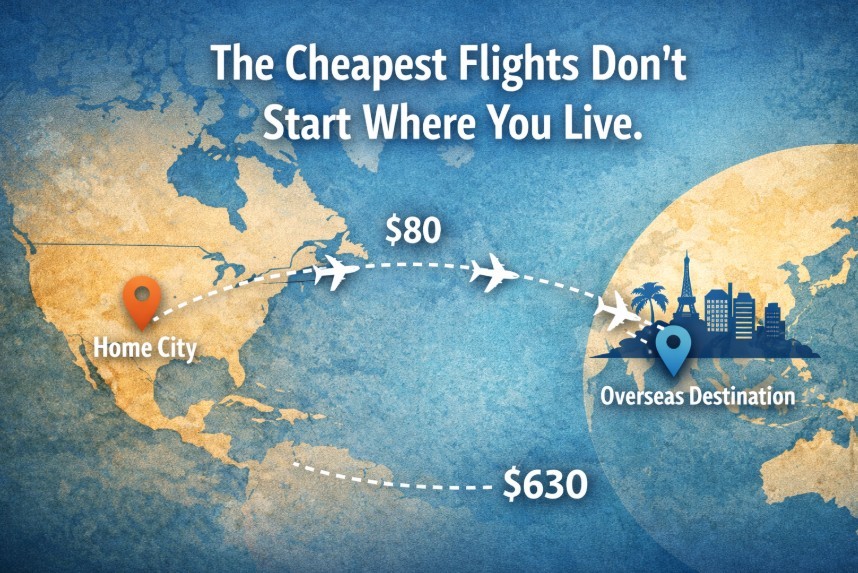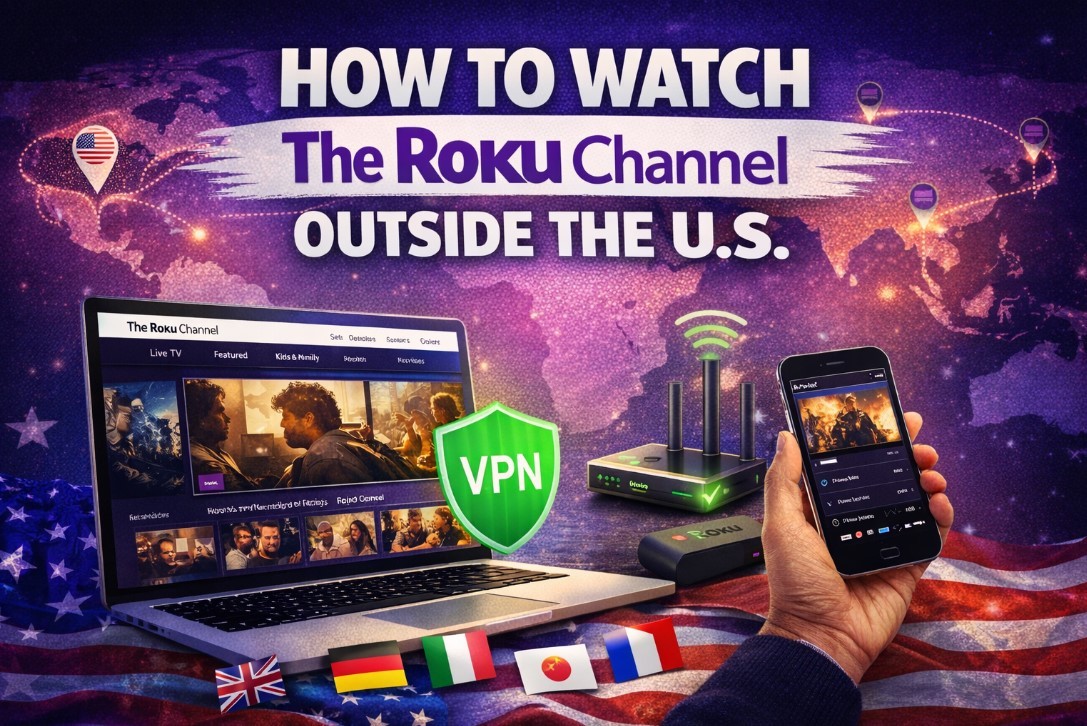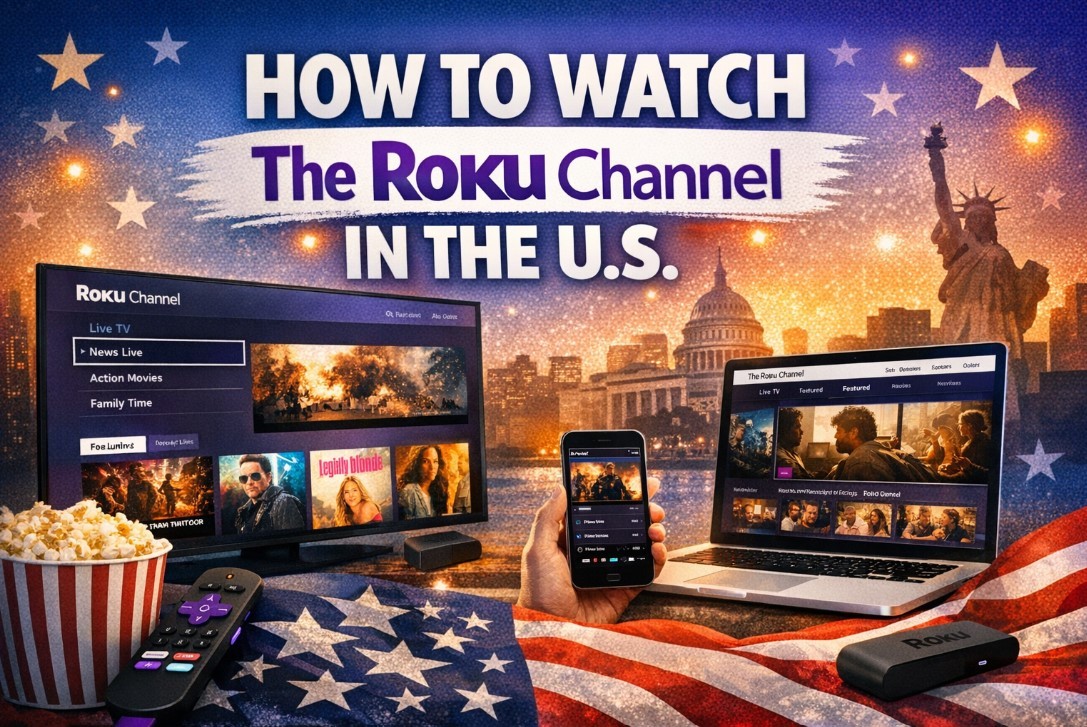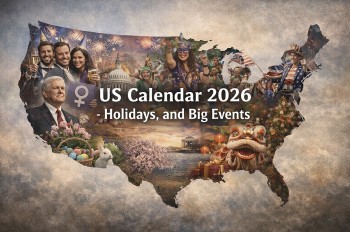Age Restrictions on Social Media: Insights from Australia's Proposal
This bold proposal, expected to be discussed in Parliament later this year, aims to address growing concerns about the negative impact of social media on young people's mental health and well-being. If passed, Australia would become the first country to introduce such a sweeping restriction, potentially setting a global precedent.
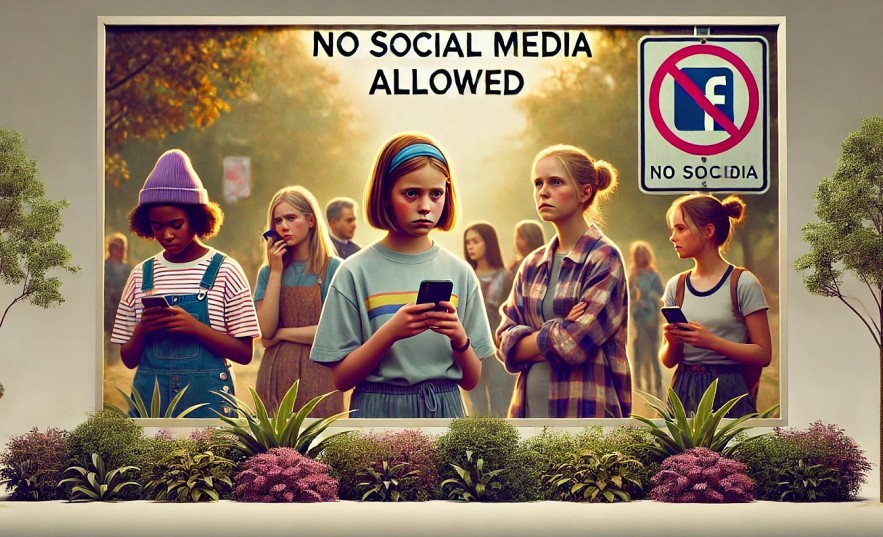 |
| No Social Media |
Why is Australia Proposing This Ban?
Social media platforms like Instagram, TikTok, and Snapchat have become an integral part of daily life, especially for teenagers. However, increasing evidence suggests that excessive use of these platforms can contribute to anxiety, depression, and poor self-esteem among young people. Studies have shown that prolonged exposure to social media may harm mental health, creating unrealistic expectations and fostering negative body image issues.
The Australian government is taking these concerns seriously. Prime Minister Anthony Albanese has highlighted the importance of safeguarding young Australians from the harmful effects of social media. According to the proposed legislation, social media companies would be required to verify the age of their users and ensure those under 16 cannot access their platforms. Companies failing to comply would face substantial fines.
The government also emphasized that the responsibility for enforcing this ban lies with the tech companies, not parents or children. This approach aims to ensure that families are not burdened with the task of monitoring social media usage, while holding tech giants accountable for protecting younger users.
Global Context: How Other Countries Handle Age Restrictions
Australia's proposal is unique because it introduces a complete ban for individuals under 16, unlike other nations that have adopted less stringent measures. For example:
France and the UK have experimented with age verification systems to restrict access to certain content but have not imposed outright bans.
In the United States, some states require age verification for specific online activities, but there is no nationwide prohibition.
If Australia's ban succeeds, it could inspire other countries to adopt similar measures, particularly as governments worldwide struggle to balance the benefits of digital connectivity with the risks it poses to young users.
Arguments For and Against the Ban
The proposed age restriction has sparked a wide range of reactions from parents, educators, and experts:
Supporters argue that the ban is a necessary step to protect young minds from the harmful influences of social media. They believe it could help reduce mental health issues among teenagers, allowing them to focus on face-to-face interactions and real-world experiences. Advocates also see the policy as a chance to hold social media companies accountable for creating safer online spaces.
Critics, however, raise valid concerns about the potential downsides of such a policy. For instance:
Isolation Risks: Social media is often a crucial tool for young people, particularly those in marginalized communities, to stay connected and find support. A ban might unintentionally isolate these groups.
Enforcement Challenges: There are questions about whether the ban can be effectively implemented. Tech-savvy teenagers may still find ways to bypass age restrictions using methods like fake accounts or virtual private networks (VPNs).
Feasibility for Tech Companies: Social media platforms will face significant technical and logistical challenges in enforcing age verification systems.
What Does the Tech Industry Say?
Major tech companies have expressed mixed reactions. Meta, the parent company of Facebook and Instagram, has stated that it will respect any government-imposed age limits. However, they caution that poorly designed policies might provide only a "false sense of security" without truly addressing the underlying issues. Experts from the industry emphasize the need for well-thought-out solutions that balance safety with accessibility.
A Turning Point in Digital Governance
Australia's proposal represents a pivotal moment in the global conversation about social media regulation. While the policy is ambitious, its success will depend on careful planning and execution. The world will be closely watching Australia's efforts to see whether this age restriction can effectively protect young people without alienating or isolating them.
Conclusion
The debate surrounding age restrictions on social media reflects a broader concern about the impact of technology on young generations. Australia’s proposed ban for individuals under 16 has ignited discussions on how best to balance digital freedoms with the need to protect vulnerable users. Whether this policy becomes a model for other nations or faces insurmountable challenges remains to be seen. Regardless, it has sparked an important conversation about the role of social media in shaping young lives and the responsibilities of governments and tech companies in safeguarding their future.
 20 Best Sites to Buy Followers for Tiktok from Anywhere In The World 20 Best Sites to Buy Followers for Tiktok from Anywhere In The World Do you want to have thousands of followers on TikTok? These sights will turn you into a thousand follower TikTokers right away. |
 Top 10 Biggest Social Media Trends In 2023 Top 10 Biggest Social Media Trends In 2023 Social media has become part of our daily life. In 2023, there will be more trends on social media that inherit from the booming trends ... |
 Top 10 Most Handsome Male Policers on Social Media in the World Top 10 Most Handsome Male Policers on Social Media in the World You will fall in love with the handsome, masculine beauty of policemen, law enforcement officers, from all over the world. |
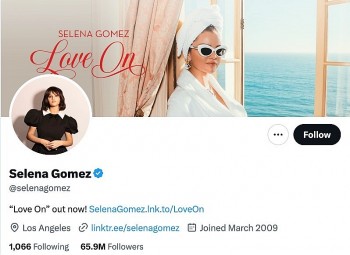 Who is the Most Followed Person on Social Media (2024 Update) Who is the Most Followed Person on Social Media (2024 Update) The most popular accounts on social media, whether they are celebrities or brands, can reach a global audience of millions. |


